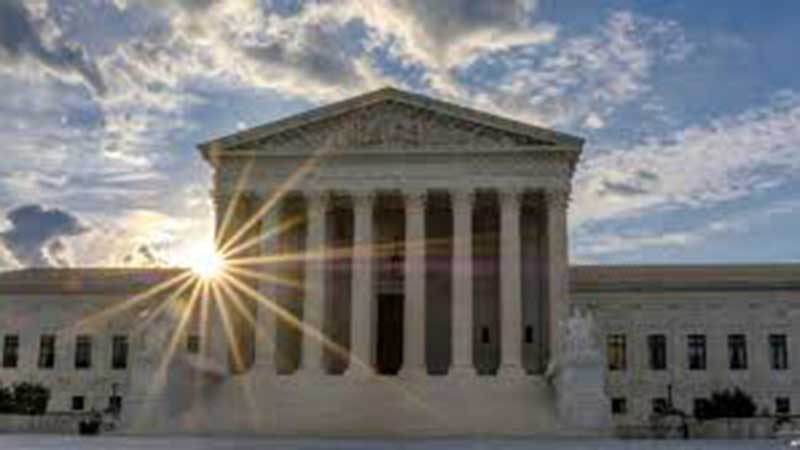×
The Standard e-Paper
Join Thousands Daily

The US Supreme Court has done it again. In a precedent-setting ruling, the court last week came out in support of the right of an individual to act on personal beliefs.
In the case – which the judges described as difficult – the court ruled 7-2 in favour of a baker who refused to make a wedding cake for a gay couple. In 2012, Charlie Craig and David Mullins had gone to Masterpiece Cakeshop in Lakewood Colorado to procure a cake for their gay wedding.